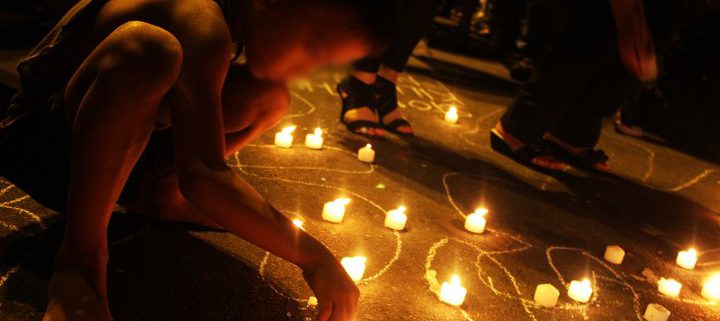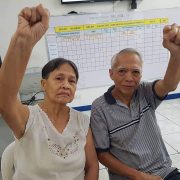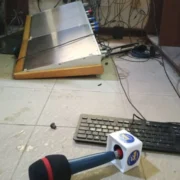NDFP tells government, ‘Do not criminalize children’
The National Democratic Front of the Philippines (NDFP) condemned the government for seeking to lower the age of criminal responsibility of children from 15 to 9 or 12 years old.
In going after young children, the NDFP’s Special Office for the Protection of Children (SOPC) said the Rodrigo Duterte government has “intensified its attack on the toiling masses of the Filipino people, particularly the children.”
“Not content with the burning and bombing of alternative tribal schools and the extra-judicial killings of young children in its anti-drug war, the regime has now set its sight on legalizing and institutionalizing its ruthless and vicious assaults against Filipino children’s rights,” the office said in a statement.
The NDFP said the government is using as basis children who are rampantly exploited by crime syndicates, particularly drug syndicates, as basis for its move.
This move of the Duterte regime is a violation of the international law on the rights of children, the NDFP , through its SOPC chairperson and Negotiating Panel member Coni Ledesma, said .
The Committee on Justice of the House of Representative overwhelmingly approved the proposal to lower the minimum age of criminal responsibility to nine years old last week while its Senate counterpart—headed by Senator Richard Gordon—said it will recommend a 12-year old limit.
“You have to make him (Duterte) win. Eh galit na galit ‘yung tao e. kung makita niyo mukha ng Presidente, galit talaga sya sa drugs eh,” Gordon said. (He is really angry. If you see the President’s face, he really hates drugs.)
Earlier, House Speaker Gloria Macapagal-Arroyo also said their move is in support of Duterte’s wish to lower the age of criminal responsibility.
The NDFP, however, said Duerte is mistaken in wanting to punish children.
“Statistics show that only two percent of crimes committed are by minors. Of this two percent, 92 percent are crimes of petty theft and other non-serious offenses,” Ledesma said.
Ledesma also raised fears that jailing young children with older and hardened criminals would only encourage them to eventually become adult criminals themselves.
The NDFP said criminalizing children is not the cure for the criminality among the Filipino youth.
“The solution is to address the root causes of poverty, and the building a society that is free from oppression and exploitation. That will ensure that children will realize their great potential to make positive contributions to society and so, they will not get involved in criminal activities,” Ledesma said. # (Raymund B. Villanueva)







